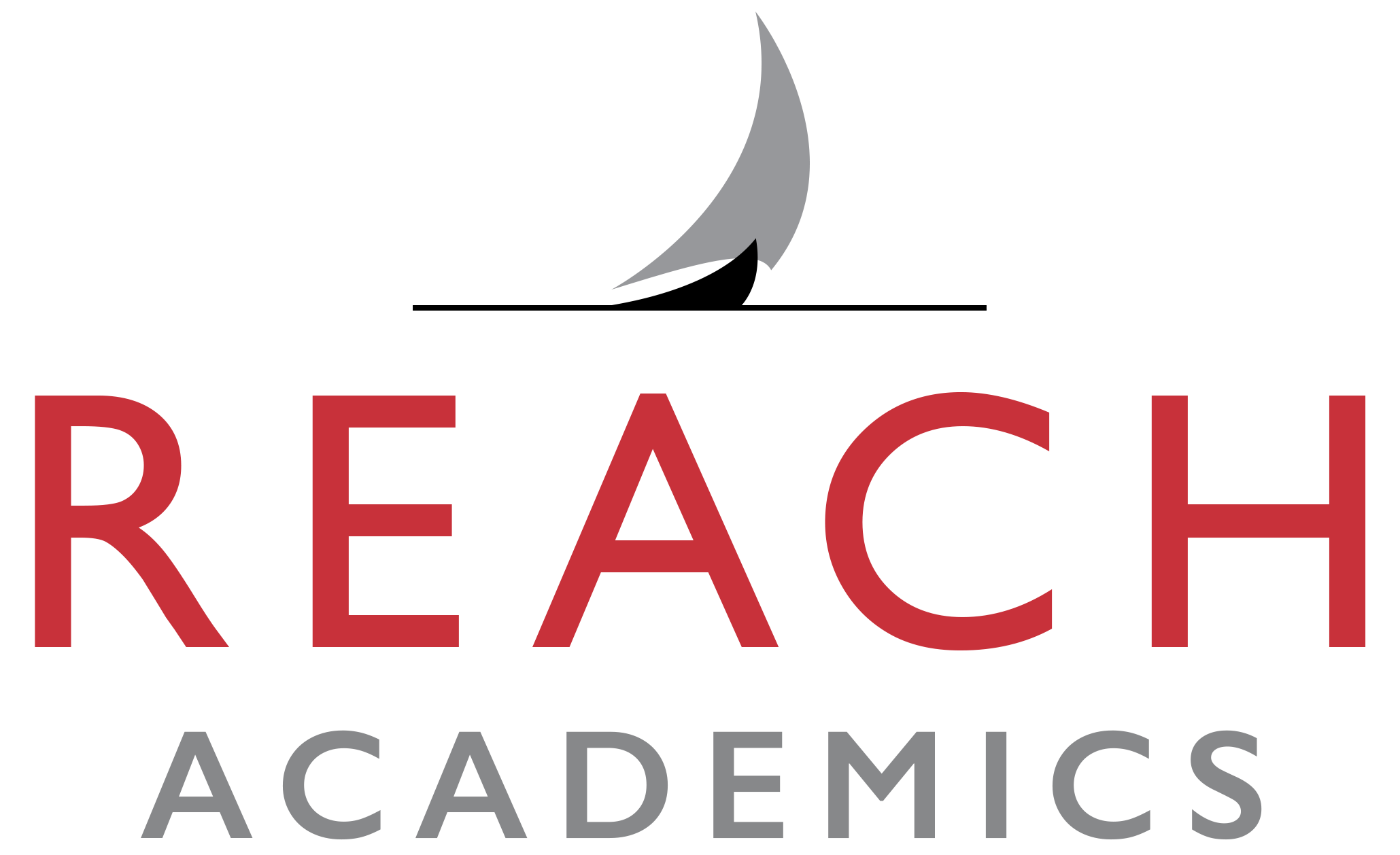Including Relational Teaching in Online Learning
People often presume that relational teaching and online learning are mutually exclusive. This binary view, separating teaching and technology, is understandable. Yet it is also untrue.
The introduction of Time to Teach: Time to Reach, in fact, includes the following quote from a Financial Times article, “should androids really shape children’s minds?”. After a decade of analyzing Massive Open Online Courses (MOOCs), online classes, “flipped” classrooms, personalized learning and the like, the answer actually leans toward ‘yes’ – but not completely.
This is because most students do not innately engage with required learning on their own, no matter how interesting the material. This is because learning involves challenge. Learning is not a passive activity. Achieving long-term retention requires effort.
MOOC classes are amazing in what they offer…yet only 5-10% of the adult students who enroll actually complete the course. Read more. Personalized learning offers online curriculum tailored to individual student performance; however, there is concern it hinders growth in key SEL areas as communication, collaboration, and socialization. Read more.
Daniel Pink cites autonomy, mastery and purpose as the three key components toward motivation. In order to be autonomous, a learner must first be familiar with the parameters surrounding a classroom experience. In order recognize mastery, a student needs to know that his or her work is seen by someone (not something) other than themselves. In order to master a concept, a student must prove that it is lodged into the long-term memory area of the brain.
True, all three of these motivating factors could be achieved by the solitary learner. Yet most of us are fueled to varying degree by the social element of learning. For example, I prefer to learn at my own pace. It is liberating to not be concerned about whether I’m slowing down or speeding up the group I’m working with. However, I also value the fact that I am being vigilantly observed by a teacher or coach. I enjoy debriefing after exiting the museum. I look forward to discussing the book either in person or online. I am eager to show off my running time with a coach or peer.
The social element of learning is key, and it requires a human interface – particularly when learning or experiencing a required subject. No video game-designed course on microeconomics will motivate the student on its own. Online courses based on personalized learning can be effective, but only when overseen by a guide. “Without a human leading the classroom, true learning does not easily take place.” (Time to Teach: Time to Reach, p. 21).
Which brings me to my own “grand experiment” with online learning. I’m excited to announce that this summer, Reach Academics, in coordination with One Schoolhouse, will offer a three-week course on Relational Teaching. This course is the result of a year’s worth of interviewing, researching and designing a class that aims to mimic the relational elements of the most effective classrooms.
This course involves teachers from all over the world. Because Relational Teaching is reflective by design, it will involve sharing of stories, struggles, and successes that add texture to the lessons about the emotional, cognitive, and (yes) social elements of learning.
The course requires 3-4 hours per week of your time. It is asynchronous, meaning you can learn from any location and at any time that suits you.
Use this summer to grow your relational teaching skills. Draw from the wisdom of expert teachers, researchers, and leaders from all over the US and Finland.
I cannot wait for it to begin!
